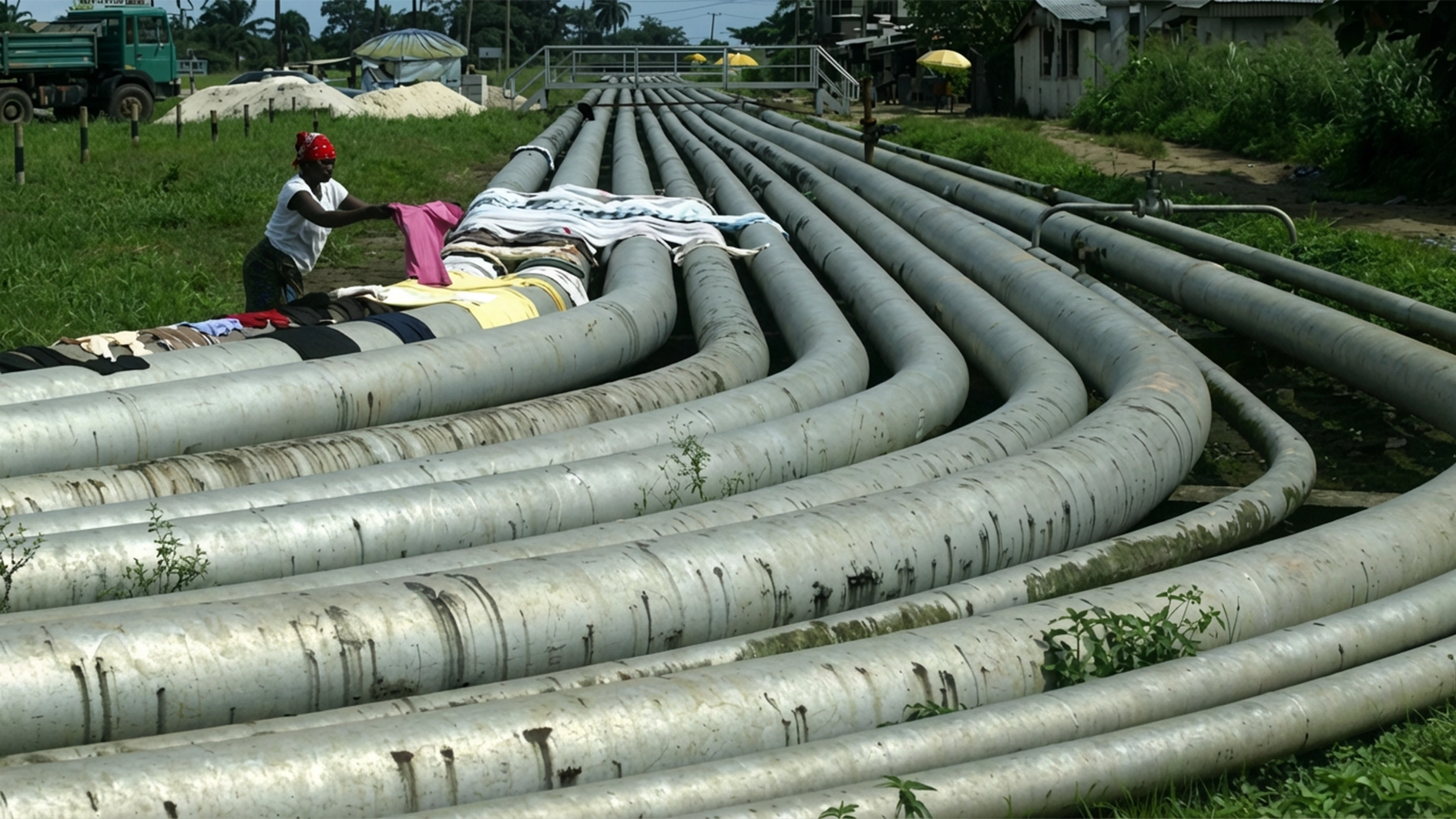Former President Goodluck Jonathan has warned that Nigeria’s political space is increasingly being overtaken by rascality, urging leaders to restore discipline, responsibility and national interest to public office.
Jonathan, who spoke on Thursday at the 10th anniversary of the Goodluck Jonathan Foundation and a gala dinner marking his 68th birthday, lamented that politics has become the only profession in the country where people rise to leadership without training, preparation or grounding.
Jonathan said politics should not be a playground for people without training, discipline or a sense of duty.
He said, “For those of us who are in active politics, I still pray that whatever we do affects everybody. And we must play our politics with decorum, with a sense of responsibility, not with rascality. Politics is not a business of rascals.
“Politics is that if you are trying to create leaders, you must show that you are an extremely responsible person. Even to teach in primary school, you go through a training process and get a school certificate before you can even teach in primary school. But it is only in politics that there is no training.
“Somebody just wakes up and he’s a politician. You don’t know where the person is coming from. The next day, he’s your governor. No basic training, and that is a problem.
“We must change the face of politics. We must see politics as a business of responsible individuals. Let me not go too far before I say things I am not supposed to say.”
The former president said Nigeria cannot progress if leadership continues to be approached as an all-comers affair, stressing that the country deserves leaders who understand governance, respect institutions, and prioritise the welfare of citizens.
The former president also reflected on the work of the Goodluck Jonathan Foundation, noting that although it originally planned to tackle a broad range of issues, its current engagements require neutrality, which restricts him from returning to partisan politics.
“Before I play active politics, I must first resign from the West African Elders Forum,” he said.
Vice President Kashim Shettima, who represented President Bola Tinubu at the event, described Jonathan’s concession of defeat in the 2015 presidential election as the highest point of his presidency and a defining moment in Nigeria’s democratic history.
The Vice President noted that Nigeria’s democracy continues to stand because of people like Jonathan.
He said the rare depth of statesmanship Jonathan demonstrated after leaving office has placed him among the continent’s most respected leaders.
Shettima said: “Your Excellencies, distinguished Ladies and Gentlemen, our democracy stands because of people like former President Goodluck Jonathan. People who believe that the Nigerian state is bigger than any individual. People who understand that the state is greater than all of us and must therefore be protected with courage, with restraint, and with patriotism.
“The highest point of his presidency was not that he won an election for a second time. The highest point of the Jonathan legacy was when he courageously conceded defeat and saved the nation from a precipice.”
The Vice President praised Jonathan as a guardian of democratic values who chose the nobler path after leaving office by dedicating himself to peacebuilding and strengthening democratic institutions across Africa.
Delivering the keynote address, former ECOWAS President and former UN Special Representative for West Africa and the Sahel, Dr. Mohammed Ibn Chambas, described the Foundation’s 10-year journey as a decade of bold purpose, shared struggles, and significant triumphs.
According to him, the foundation has used high-level dialogue, mediation, and continental partnerships to foster stability in places where tensions threatened democratic norms.
Chambas highlighted the West Africa Elders Forum, one of the Foundation’s signature achievements, as a homegrown, nonpartisan platform that has helped shape peaceful electoral processes in at least 7 West African countries between 2021 and 2025.
He noted that the Forum’s quiet diplomacy has been instrumental in The Gambia, Sierra Leone, Nigeria, Liberia, Senegal, Côte d’Ivoire, and others.
Chambas urged African leaders and institutions to deepen democratic resilience beyond elections.
Former Minister of Special Duties, Tanimu Turaki, praised the Goodluck Jonathan Foundation for what he described as its remarkable evolution into one of the most respected institutions advancing peace, security, and democracy in Africa.
Turaki said the Foundation’s work in strengthening democratic processes, promoting dialogue, and mediating conflicts reflects values that are essential to any civilised society.
In her goodwill message, the Executive Director of the Goodluck Jonathan Foundation, Ann Iyonu, described the 10-year milestone as a celebration of resilience, purpose, and divine grace.
According to her, the foundation’s journey has been shaped by dedication, collaboration, and a commitment to inclusive governance.
Iyonu stated that over the past decade, the Foundation has strengthened democratic institutions through election monitoring, peace missions, policy dialogues, and strategic advocacy.






